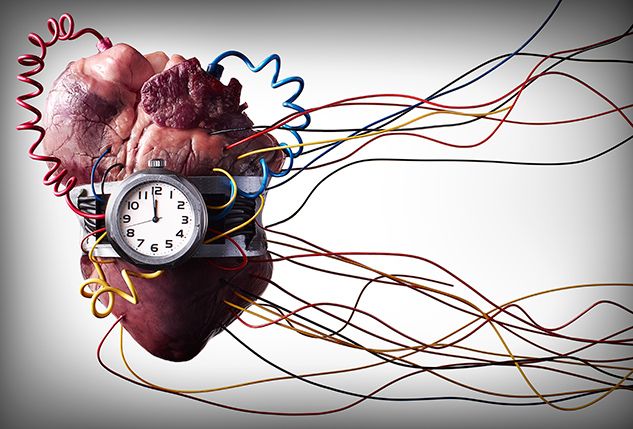March 4, 2024: 24% of people above the age of 15 are obese in Maharashtra, Lancet report. A growing percentage of Pune residents fall within this overweight and obese category. While the increasing obesity in young women is on rise, findings from another article on young obese females indicate that young women considerably focus on overweight issues with a trend towards appearance rather than health. On World Obesity Day, doctors highlight the link between obesity and heart health, stress on raising awareness about obesity and its comorbidities. They emphasize the need for early intervention, especially among women.
Dr. Priya Palimkar, Director of the Cath Lab at Sahyadri Hospital, explains this in detail, ” The link between obesity and an increased risk of heart attack or coronary artery disease is well-established. Excess body fat triggers biological changes that make blood vessels more susceptible to plaque build-up, which can ultimately lead to heart attacks.”
This risk is especially concerning for women, whose symptoms can be subtle and easily missed. Unlike men who typically experience chest pain, women with blockages often have atypical symptoms. “This makes early detection challenging”, Dr. Priya Palimkar continues, ” Elusive symptoms can mask the underlying issue, making it crucial to understand unique risk factors for women, such as hormonal changes.”
Women need to be aware of their unique symptoms and take steps to reduce their chances of heart disease. While symptoms like sweating, nausea, dizziness, and unusual fatigue may not seem like typical signs of a heart attack, they are common in women and may occur more frequently when at rest or asleep. Unfortunately, when women experience symptoms of a heart attack, they are often misinterpreted. This is because women’s symptoms can be vague and include shortness of breath, nausea or vomiting, and back or jaw pain. Other women may experience dizziness, lightheadedness, pain in the lower chest or upper abdomen, and extreme fatigue.
Early diagnosis is crucial for effective treatment and management of these conditions. Dr. Priya recommends adopting a healthy lifestyle with a balanced diet, exercise, and stress management to reduce the risk of obesity and heart disease. Small changes like swapping sugary drinks and prioritizing sleep can have a big impact. In severe cases, minimally invasive procedures such as angioplasty would be recommended. In addressing coronary artery disease (CAD) among young females with obesity, the emerging technique of metal-less angioplasty, employing BioResorbable Scaffolds (BRS) also known as Dissolving Stents and Drug-Coated Balloons (DCB), represents a significant advancement in cardiology. With its ability to leave no permanent implant, it facilitates the restoration of arterial function while preserving avenues for future treatments.










